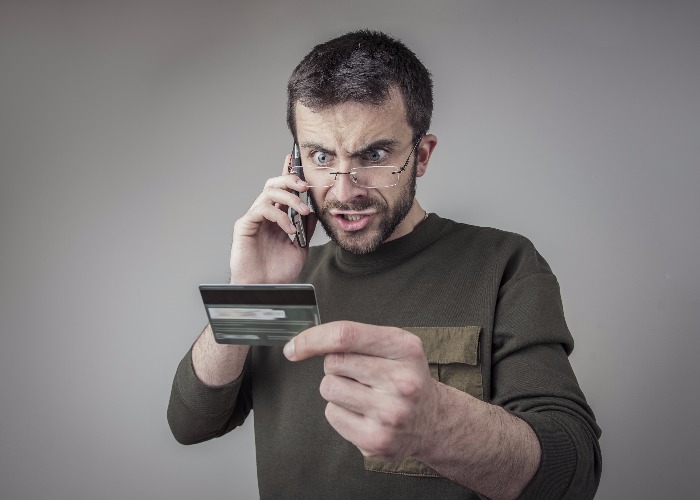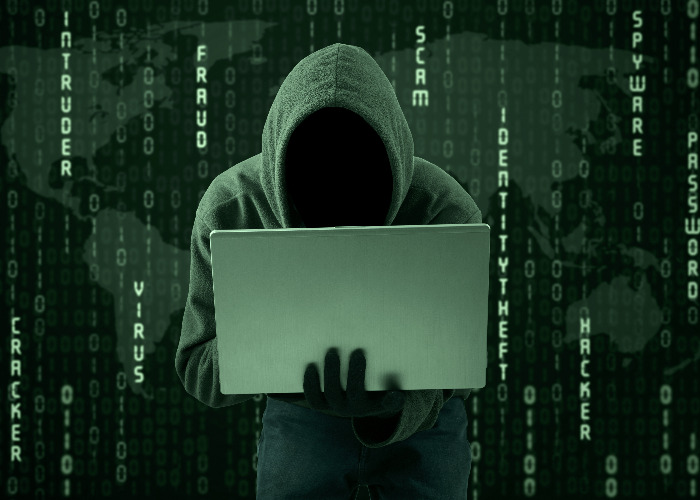Headline
Financial fraud losses across payment cards, remote banking and cheques totalled £768.8 million in 2016 alone, according to data from Financial Fraud Action UK. That’s tens of millions a day.
It’s a serious and endemic problem – and it’s made worse by the shame.

Headline
New research from Barclays shows that a third of British people have fallen victim to fraud yet the average person would only report it if they lost £112 or more and that’s partly down to embarrassment.
Those who have actually fallen victim to fraud now say they would only report it if they lost more than £235 and more than half say they kept their experience secret from family and friends.
Victims of fraud reported feeling stupid (31%), victimised (23%), helpless (13%) and gullible (12%).
Whenever a scam is covered online, people say “a fool and his money” or “anyone stupid enough to fall for this gets what they deserve”.
Look on Twitter or Facebook and the message is the same: “I would never have fallen for this so they are getting what they deserve.”
But the sad truth is that most of us would fall for some scams and we all need to remain vigilant. Sharing information without being shamed is essential to that.
Our sneers should be reserved for the criminals that perpetrate this fraud and, on occasion, the institutions that do not do enough to stop them.

“Financial providers should also educate customers on the latest attacks and offer advice on how to safely use online and
mobile services”
Headline
There’s a lot of pressure on people to keep themselves and their data safe. We have to create long, strong, complex
passwords with capitals, symbols and numbers, but never use that password for more than one website.
There’s a lot of pressure on people to keep themselves and their data safe. We have to create long, strong, complex
passwords with capitals, symbols and numbers, but never use that password for more than one website.
There’s a lot of pressure on people to keep themselves and their data safe. We have to create long, strong, complex
passwords with capitals, symbols and numbers, but never use that password for more than one website.
There’s a lot of pressure on people to keep themselves and their data safe. We have to create long, strong, complex
passwords with capitals, symbols and numbers, but never use that password for more than one website.
